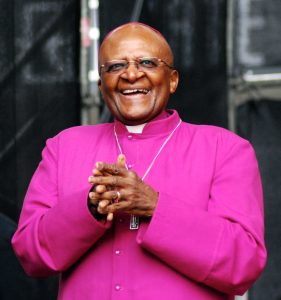Religious Freedom and Indigenous Rights: Global Perspectives

This series provides comparative interdisciplinary analysis of indigenous spirituality and the legal challenges involved in its protection on national and international levels. Drawing on a variety of cases from the Americas, South Africa, and Australia, contributors discuss specificities of indigenous spirituality and theology, power dynamics behind the discussion of indigenous rights, the sacredness of natural objects for indigenous groups, the insufficiency of protections for indigenous believers within existing religious-freedom frameworks, and legal steps needed to strengthen these protections. This series is based on presentations given at the ICLRS 32nd Annual International Law and Religion Symposium, 6–7 October 2025.


